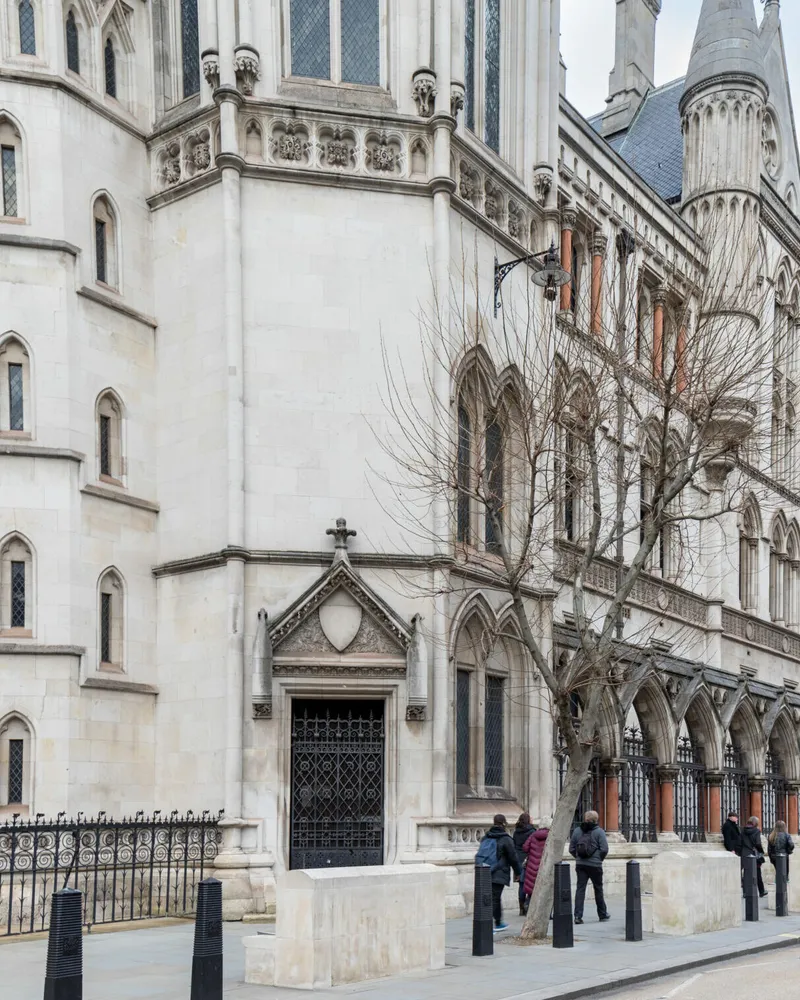

In a recently launched consultation, the BSB outlined a package of proposed changes designed to modernise and accelerate the enforcement process, increase transparency, and encourage witness participation – particularly in cases involving bullying, harassment or sexual misconduct.
The proposals follow an internal review of enforcement functions published last year and could mark the most significant procedural update to Bar disciplinary hearings in over a decade.
One of the key proposals is a shift in the eligibility criteria for tribunal chairs. Under the proposed model, the requirement for tribunal chairs to be current or former judges or KCs would be replaced with a minimum threshold of 15 years’ legal practice. This would open the role to experienced barristers, solicitors and CILEX lawyers, significantly broadening the recruitment pool
The BSB said:
“This threshold remains high enough to ensure appropriate seniority and legal experience, while allowing for a more inclusive and diverse pool of potentially eligible candidates.”
The regulator also plans to reduce the size of panels that hear the most serious disciplinary cases – from five members to three. The new panel composition would include a practising barrister, a lay member, and the newly broadened category of chair
Another significant changed proposed is the introduction of a presumption of anonymity for complaints in cases involving allegations of a sexual or violent nature.
Currently, anonymity decisions are made during the hearing itself. The BSB warned this reactive approach, “risks dissuading witnesses from assisting”, particularly in emotionally sensitive or reputationally high-stakes cases.
The change would mean witnesses alleging serious misconduct would be anonymised by default, unless an exception is clearly warranted.
The consultation also outlines procedural changes aimed at giving the Bar Tribunals and Adjudication Service (BTAS) greater authority to manage and progress cases efficiently.
This includes a range of reforms covering:
BSB Director General Mark Neale said the changes are intended to modernise the process without compromising the quality of outcomes:
“This consultation is a crucial step to make our enforcement process more efficient and effective, but without jeopardising the quality of decisions.
“The changes will, in particular, help us to expedite cases involving bullying and harassment and, crucially, provide assurance of anonymity and support to witnesses.”
The consultation is open until 15 October 2025, with a second consultation on draft regulations scheduled for 2026. Finalised regulations are expected to come into force in 2027.






Advancements in artificial intelligence (AI) have permeated various industries, and the legal profession is no exception...